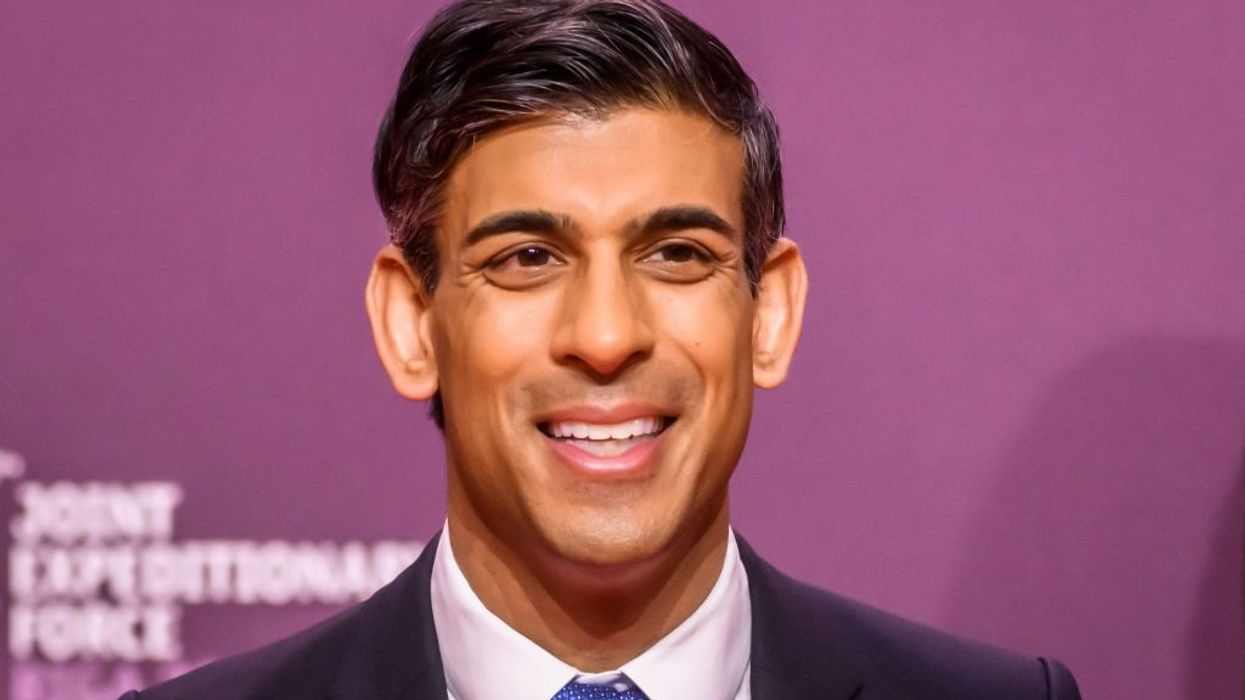Rishi Sunak struck a cautious note with his first New Year message as British Prime Minister on Saturday (31) as he warned that the UK’s problems won’t go away in 2023, at the end of an “tough” 12 months.
The 42-year-old Indian-origin leader, who took charge as the UK’s Prime Minister towards the end of October following turmoil within the ruling Conservative Party, recalled his inaugural address on the steps of 10 Downing Street to reiterate his promise to work “relentlessly” on the things that matter.
“I’m not going to pretend that all our problems will go away in the New Year,” said Sunak.
“But 2023 will give us the opportunity to showcase the very best of Britain on the world stage…defending freedom and democracy wherever we find it under threat,” he said.
He highlighted the “barbaric” war in Ukraine as one of the dominating challenges ahead.
“Just as we recovered from an unprecedented global pandemic, Russia launched a barbaric and illegal invasion across Ukraine,” he said in the video message.
“This has had a profound economic impact around the world, which the UK is not immune to. Now, I know many of you have felt that impact at home. That’s why this government has taken difficult but fair decisions to get borrowing and debt under control. And it’s because of those decisions that we’ve been able to help the most vulnerable with the rising cost of energy bills,” he said.
In his New Year message, Sunak went on to promise that the “very best of Britain” will be on display in the coming months as he pledged continuing support for Ukraine and pitched King Charles III’s coronation on May 6 as a unifying force for the country.
“Three months ago, I stood at the steps of Downing Street and promised I would work relentlessly on the things that matter most to you. Since then, this government has taken decisive action to back our NHS [National Health Service] with record resources to tackle the backlogs – more funding, more doctors, and more nurses. We’re also tackling illegal migration and stopping criminals from abusing our asylum system,” he said.
The Opposition Labour Party leader, Sir Keir Starmer, used his New Year message to also acknowledge it had been a “very tough year” and said the UK “needs to change” its way of doing politics.
“For Britain to become a fairer, greener, more dynamic country – we need a completely new way of doing politics. After everything we’ve been through together, that’s what Britain deserves,” he said.
Liberal Democrat leader Sir Ed Davey also pointed to the “tough” times of 2022 but said the New Year is an “opportunity to turn the page and look ahead”.
(PTI)





